Managed 401(k) accounts are an option in an increasing number of company plans, but are they worth the additional fees vs. target-date funds?
Professionally managed accounts within 401(k)s are having a moment.
As of the end of 2024, nearly all participants in Vanguard plans had access to target-date funds, and almost 80% had access to accounts that financial advisers managed. But that advice comes at a cost.
Retirement savers pay annual fees of between 0.4% and 0.6% of the account balance, on average, for a managed account. That’s on top of the underlying expenses of the fund. Let’s say you have $250,000 in your 401(k). It will cost you between $1,000 and $1,500 extra to get the help of a financial adviser.
But whether or not you should pay for that extra hand-holding depends on your temperament, investment acumen, and financial needs.
After all, while research shows people with a managed account within a 401(k) tend to save more, no data indicates these funds outperform other self-directed funds offered within 401(k) plans.
What Do Managed 401(k) Accounts Offer?
Managed 401(k) accounts can help participants determine how much to contribute and offer:
Customized Asset Allocation
Unlike target-date funds, which take a one-size-fits-all approach, managed accounts offer a more personalized asset allocation strategy based on individual goals, risk tolerance, and income needs.
“It’s a more personalized approach to investing than what’s available with a target-date fund,” says Wei-Yin Hu, Head of Financial Research and Strategy at Edelman Financial Engines. “It takes into account your risk preference and tailors the portfolio to the individual’s circumstances.”
Access to a Professional Financial Adviser
Target-date funds can’t react to rapidly changing market conditions, but managed accounts can—offering more real-time decision-making and reassurance during periods of uncertainty.
“We’re solving the behavioral challenge of staying invested,” says Hu. “Our staff of licensed advisers takes thousands of phone calls on peak days when the market is doing something wild and helps them understand what’s happening.”
During the COVID-19 crash, this behavioral support became clear:
“In roughly the first month of the pandemic, the market dropped about 34%, causing investors to panic,” says David Montgomery, Managing Director of Retirement Plan Services at Concurrent.
“Yet during that time, only 0.3% of people in 401(k) managed accounts made investment changes. Meanwhile, about 2.3% of people in target-date funds made changes. Investors are less likely to make knee-jerk reactions if they know they have someone they can rely on.”
Additional Support Features
Managed account advisers also help with 401(k) contribution strategies, withdrawal planning, and considerations like Roth conversions.
“There’s no question that we won’t touch,” says Hu. “We realize people need a lot of help, but that doesn’t mean we will give detailed tax advice. We will address their needs with the abilities we have.”
Is a Managed 401(k) Account Right for You?
While managed accounts offer personalization and peace of mind, they may not be necessary for everyone. Target-date funds are a simple, effective solution for many savers—especially those with less complex financial situations.
Between February 19 (the 2025 market peak) and April 8, the S&P 500 lost 18.6%, while target-date funds covered by Morningstar lost just 7.6%.
Still, for those who want more guidance, the added support of a managed 401(k) account could be well worth the fee.
“If we lived in a perfect world where people were highly educated about financial advice, we wouldn’t need it,” says Hu. “But that is far from the world we live in. The reality is people are left on their own, and they need more than investment products.”
Read the original article on Kiplinger.



